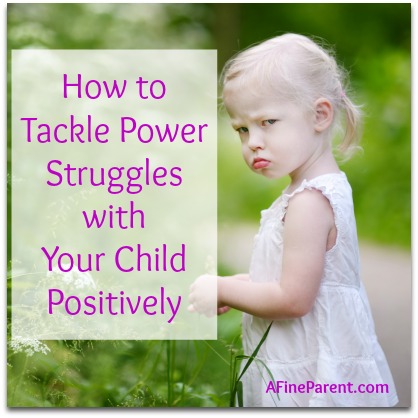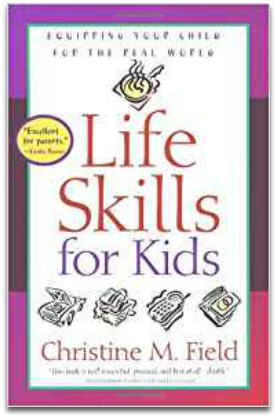Here is a quick preview of Dr. Laura Markham’s talk from the FREE online Positive Parenting Conference.
In this talk titled How to Stay Connected With Your Kids When They Are at Their Worst, Dr. Laura and I discuss:
- Why connection is the most important aspect of parenting
- Why kids need us to stay connected with them most when they are pushing our buttons and how
- Different real-world example scenarios submitted by parents from our community, ranging from when kids say “I Hate You!” to kids being mean to siblings and more…
If you find it easy to be a positive parent when everything is going smoothly, but difficult to do the same when kids are behaving really badly (don’t we all?) this talk is for you!
 How is this happening again?
How is this happening again? How financially savvy and responsible are your children? How good is their Money IQ?
How financially savvy and responsible are your children? How good is their Money IQ?
 I am living with Mount Etna. In tween form.
I am living with Mount Etna. In tween form.